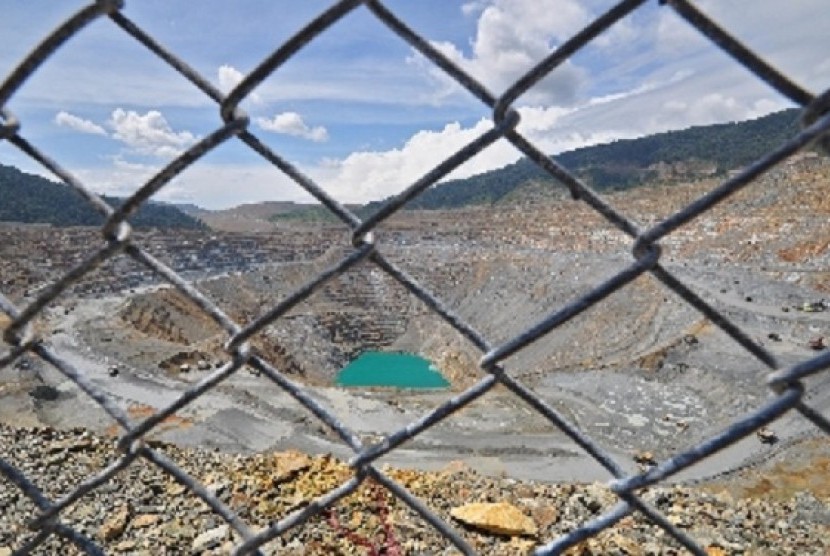REPUBLIKA.CO.ID, JAKARTA - The Annual Survey of Mining Companies from Canadian think tank the Fraser Institute deemed Indonesia among the world's worst mining jurisdictions along with Vietnam, Venezuela, Democratic Republic of Congo (DRC), Kyrgyzstan, Zimbabwe, Bolivia, Guatemala, Philippines, and Greece.
The report also notes that miners are pessimistic about short term commodity prices, reporting that they expect nearly level or reduced prices for silver, copper, diamonds, coal, zinc, nickel, potash, and platinum with only gold expected to increase in value significantly. In the longer term, miners expect stable or moderate price increases.
Fraser Institute senior director of energy and natural resources and director of the Survey of Mining Companies 2012/2013, Kenneth Green, said in order to compete for investment on the global mining stage, jurisdictions need not only stellar resource potential but also a stable, certain, straightforward mining policy framework. Jurisdictions are also urged to reduce red tape, minimize risk with regard to policy changes and tax increases, respect negotiated contracts.
The Fraser Institute’s Survey of Mining Companies 2012/2013 is based on the opinions of mining executives representing 742 mineral exploration and development companies on the investment climate of 96 jurisdictions around the world. The survey puts Finland as the best place to do business along with Sweden, Alberta, New Brunswick, Wyoming, Ireland, Nevada, Yukon and Norway.
Chairman of Indonesian Mining Experts Association (Perhapi), Achmad Ardianto, said the survey was based on facts. He said that Indonesia policy as well as its inconsistency in implementing policy on mining license did not attract mining companies to invest in Indonesia. The issuance of Constitutional Court Ruling No. 10/2012 makes investors questioning about government's consistency on implementing regulation. The decision allows regional government to determine the mining areas.
"It is time for government to fix the mining," he said, adding that Indonesia, in the other hand, sat on number three of the biggest potential mineral reserve in the similar survey.


